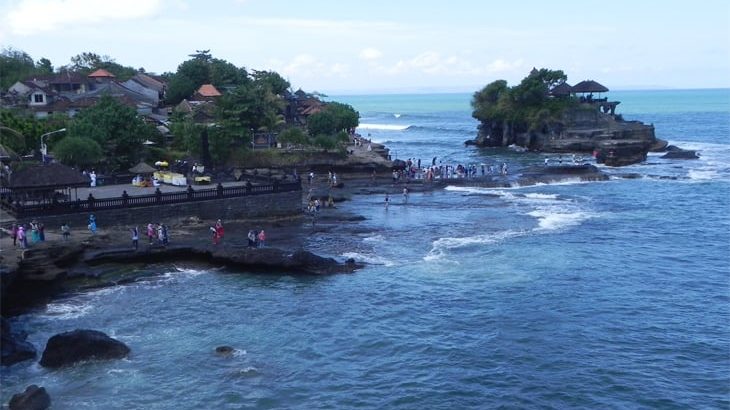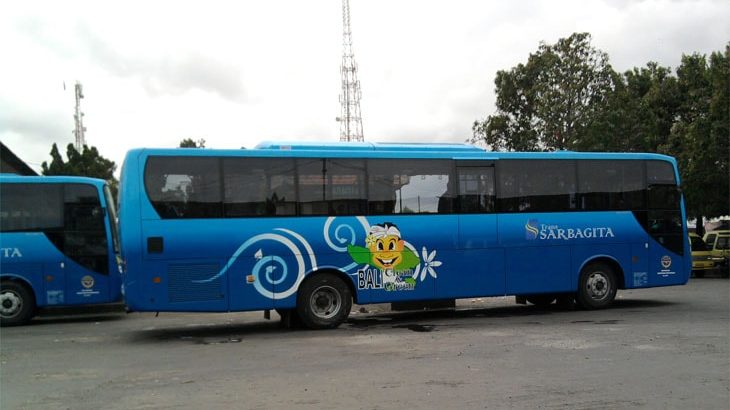
Bali has been bitten by the tourism bug. Tourism has doubled from 2001 to 2011, and every year there are more than 700 hectares that are developed for luxury living by foreigners, hotels, and roads to connect the island. Every year the amount of waste dumped multiplies and the number of cars on the roads steadily grows. The peaceful Bali everyone wanted to visit is suddenly outgrowing its image, and locals as well as government want to put the brakes on to ensure Bali remains the Bali they know and love.
The Indonesian government has initiated legislation to protect the environment and culture. However, to date these appear to not be too effective, since local authorities are doing nothing to enforce those laws, and of course, investors are against any regulation, as they want to develop the island even more. There focus it to make Bali the top destination spot.
When you visit Bali, there are some great spots that have not yet been developed. The Bali Bukit Peninsula offer a less developed environment that’s rustic and relaxing. Here you can experience the unique Bali culture.
The island will continue to grow in popularity as the secret of how fantastic a vacation to this out of the way destination can be. For those that want to see a little of the old Bali, now is a great time to plan a trip before it has been completely transformed by the modern world.










